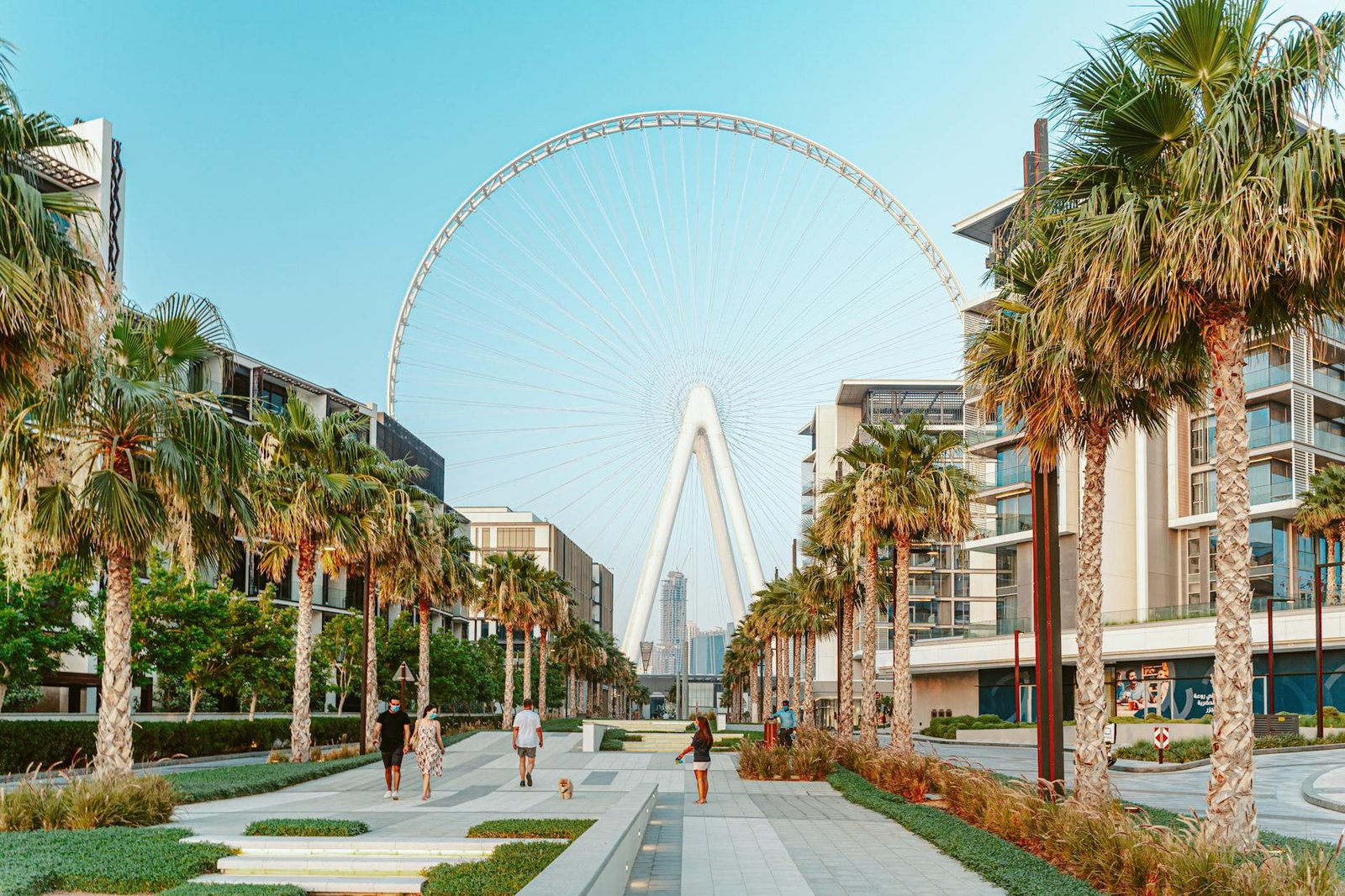Have you ever dreamed of experiencing the perfect blend of ancient traditions and futuristic marvels? Look no further than the United Arab Emirates (UAE)! 🇦🇪 This enchanting destination in westren Asia, offers a unique travel experience that will leave you in awe.
Imagine yourself strolling through bustling souks, marveling at towering skyscrapers, and lounging on pristine beaches – all in one day! But planning a trip to the UAE can be overwhelming. Where should you start? What should you see? How can you make the most of your visit? Don’t worry, we’ve got you covered!
In this comprehensive guide, we’ll take you on a journey through the UAE, exploring everything from the best time to visit and must-see destinations to local customs and culinary delights. Whether you’re a first-time visitor or a seasoned traveler, this guide will equip you with all the information you need to plan an unforgettable adventure in the UAE. So, buckle up and get ready to discover the wonders of this captivating country!
Best Time to Visit UAE
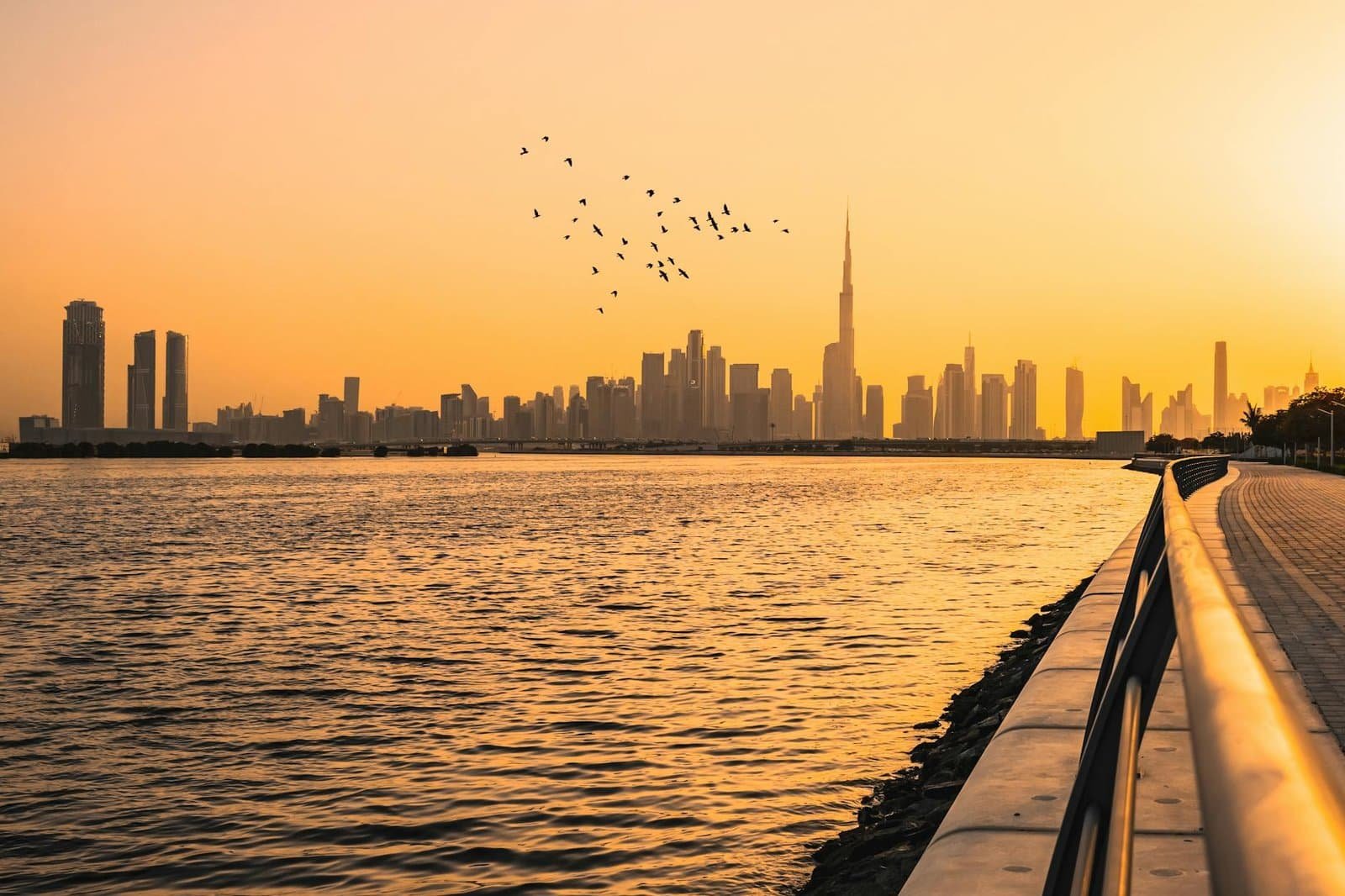
Climate Overview
When planning your trip to the United Arab Emirates (UAE), understanding the climate is crucial. The UAE experiences a hot desert climate, characterized by scorching summers and mild winters. You’ll find that temperatures can vary significantly between day and night, especially in desert areas.
Here’s a quick overview of the UAE’s climate throughout the year:
| Season | Months | Average Temperature | Weather Conditions |
|---|---|---|---|
| Summer | June – September | 35°C – 45°C (95°F – 113°F) | Hot and humid |
| Winter | December – March | 15°C – 25°C (59°F – 77°F) | Mild and pleasant |
| Spring | April – May | 25°C – 35°C (77°F – 95°F) | Warm and comfortable |
| Autumn | October – November | 25°C – 35°C (77°F – 95°F) | Warm and comfortable |
Peak Tourist Seasons
The UAE experiences two main peak tourist seasons:
- Winter (November to March): This is considered the best time to visit the UAE. You’ll enjoy pleasant temperatures, making it ideal for outdoor activities and sightseeing. However, be prepared for larger crowds and higher prices during this period.
- Summer (July to August): Despite the extreme heat, this is another busy period due to school holidays. Many hotels offer attractive discounts, and indoor attractions like malls and waterparks are popular.
Off-peak Travel Benefits
Traveling during the off-peak season (April to June and September to October) can offer several advantages:
- Lower prices: You’ll find better deals on flights and accommodations.
- Fewer crowds: Popular attractions and beaches are less crowded, allowing for a more relaxed experience.
- Unique experiences: Some activities, like desert camping, can be more enjoyable during these months.
However, keep in mind that temperatures can be quite high during these periods. To make the most of your off-peak visit:
- Plan indoor activities during the hottest part of the day
- Stay hydrated and use sun protection
- Take advantage of early morning or evening hours for outdoor activities
Now that you understand the best times to visit the UAE, you can plan your trip to align with your preferences for weather, crowd levels, and budget. Whether you choose to brave the summer heat for great deals or enjoy the pleasant winter weather, the UAE offers unique experiences year-round.
Must-Visit Destinations in UAE
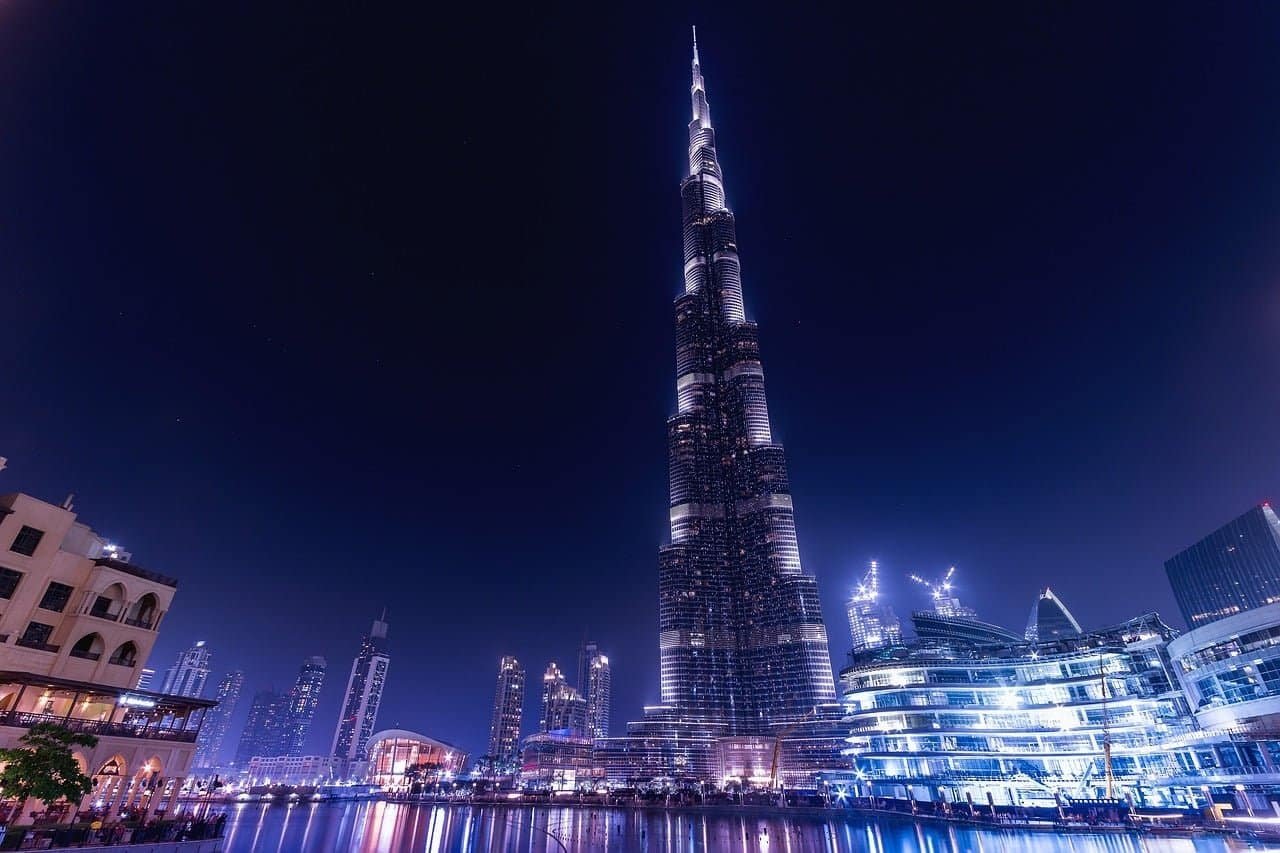
Now that you know the best time to visit the UAE, let’s explore the must-visit destinations that make this country a traveler’s paradise. From futuristic cityscapes to rich cultural heritage, the UAE offers a diverse range of attractions that will leave you in awe.
A. Dubai’s iconic landmarks
Dubai, the jewel of the UAE, is renowned for its awe-inspiring architecture and luxurious attractions. Here are some landmarks you simply can’t miss:
- Burj Khalifa: The world’s tallest building, offering breathtaking views from its observation deck
- Palm Jumeirah: An artificial island shaped like a palm tree, home to luxury resorts and beaches
- Dubai Mall: One of the largest shopping centers globally, featuring an indoor aquarium and ice rink
- Dubai Frame: A unique architectural marvel offering panoramic views of old and new Dubai
B. Abu Dhabi’s cultural attractions
As the capital of the UAE, Abu Dhabi boasts a perfect blend of modernity and tradition. Here are some must-visit sites:
- Sheikh Zayed Grand Mosque: A stunning example of Islamic architecture with capacity for 40,000 worshippers
- Louvre Abu Dhabi: A world-class museum showcasing art and artifacts from various civilizations
- Qasr Al Watan: The presidential palace, now open to the public, offering insights into Emirati governance
- Yas Island: Home to Ferrari World, Warner Bros. World, and Yas Waterworld for thrill-seekers
C. Sharjah’s heritage sites
Sharjah, often called the cultural capital of the UAE, is perfect for history buffs and art enthusiasts:
- Sharjah Museum of Islamic Civilization: Houses over 5,000 artifacts from Islamic history
- Heart of Sharjah: A historic district showcasing traditional Emirati architecture
- Al Noor Mosque: A beautiful mosque open to non-Muslim visitors for guided tours
- Sharjah Art Museum: The largest art museum in the Gulf, featuring works by Arab artists
D. Natural wonders in other emirates
While the UAE is famous for its urban marvels, it also boasts stunning natural landscapes:
| Emirate | Natural Wonder | Description |
|---|---|---|
| Ras Al Khaimah | Jebel Jais | UAE’s highest peak, offering hiking trails and the world’s longest zipline |
| Fujairah | Al Bidya Mosque | UAE’s oldest mosque surrounded by rugged mountains |
| Umm Al Quwain | Khor al Beidah | A wetland home to flamingos and other migratory birds |
| Ajman | Al Zorah Nature Reserve | Mangrove forests teeming with wildlife |
As you explore these diverse destinations, you’ll discover that each emirate has its unique charm and attractions. From the glittering skylines of Dubai and Abu Dhabi to the cultural richness of Sharjah and the natural beauty of the northern emirates, the UAE offers an incredible array of experiences for every type of traveler.
Next, we’ll delve into the various transportation options available to help you navigate between these amazing destinations efficiently and comfortably.
Getting Around UAE
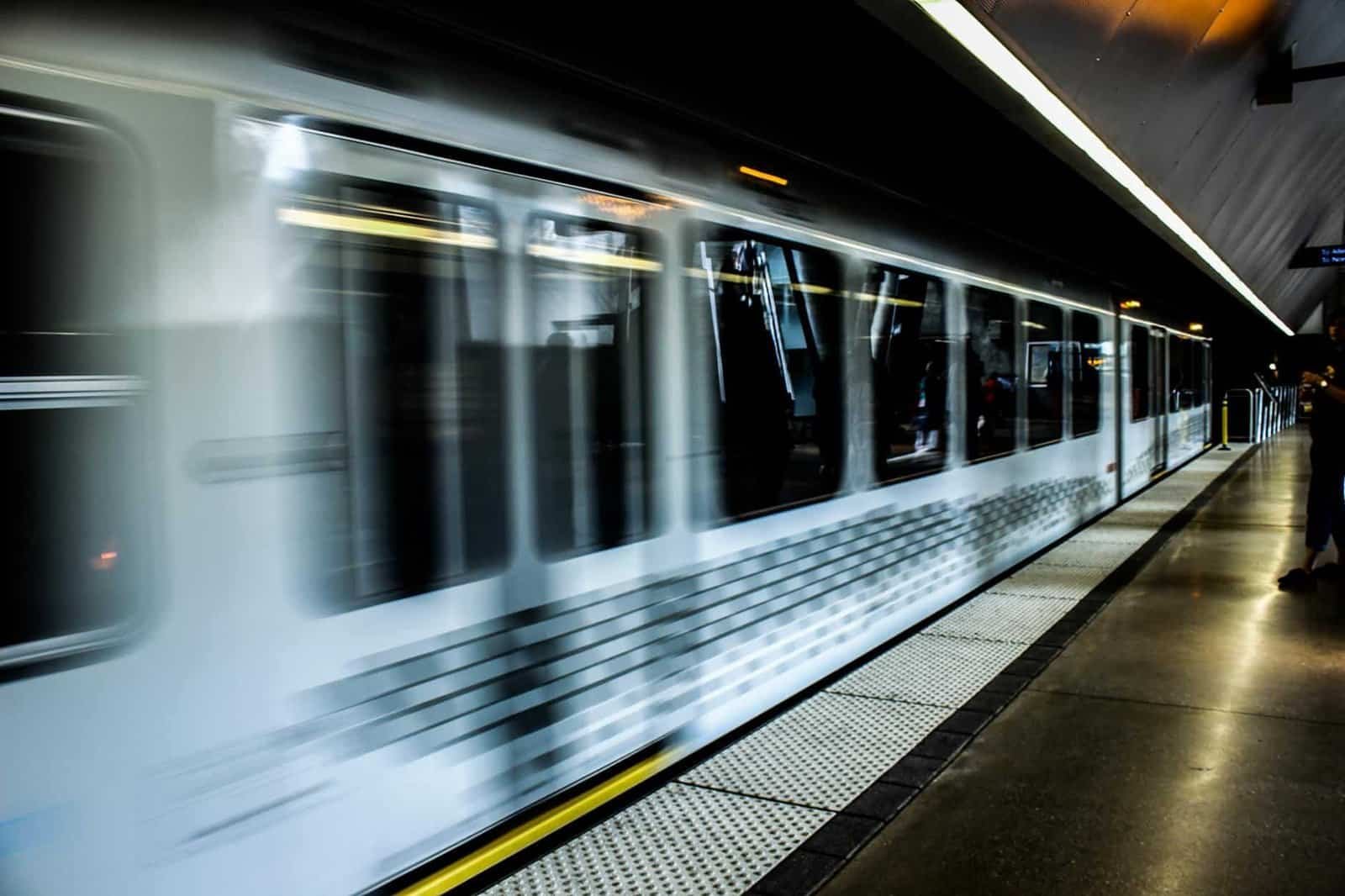
Now that you’ve explored the must-visit destinations in the UAE, let’s dive into the various transportation options available to help you navigate this exciting country. The UAE offers a range of convenient and efficient ways to get around, ensuring you can explore its wonders with ease.
A. Public transportation options
The UAE, particularly Dubai and Abu Dhabi, boasts world-class public transportation systems that are both affordable and reliable. Here’s a breakdown of your options:
- Metro: Dubai’s state-of-the-art metro system is a quick and cost-effective way to travel across the city.
- Buses: Both Dubai and Abu Dhabi have extensive bus networks covering most areas.
- Tram: Dubai’s tram system connects popular areas in the city’s newer districts.
- Water taxis: Known as ‘abras’ in Dubai, these traditional boats offer a unique way to cross the Dubai Creek.
| Mode | Pros | Cons |
|---|---|---|
| Metro | Fast, frequent, air-conditioned | Limited coverage outside Dubai |
| Buses | Extensive network, economical | Can be crowded during peak hours |
| Tram | Connects popular areas, scenic | Limited route |
| Water taxis | Unique experience, affordable | Limited to specific water routes |
B. Renting a car
If you prefer the freedom to explore at your own pace, renting a car in the UAE is a great option. Here’s what you need to know:
- You’ll need an international driving permit along with your regular license.
- Major international car rental companies operate in the UAE.
- Roads are well-maintained and signage is in both Arabic and English.
- Be aware of local traffic rules and speed limits to avoid fines.
C. Taxi and ride-hailing services
Taxis and ride-hailing services are widely available and offer a convenient way to get around, especially for short trips or when public transport isn’t readily accessible.
- Traditional taxis: Easily recognizable and metered, they’re available in all major cities.
- Ride-hailing apps: Services like Uber and Careem are popular and widely used.
When using taxis or ride-hailing services, keep these tips in mind:
- Ensure the meter is running in traditional taxis.
- During peak hours, ride-hailing services might have surge pricing.
- Some areas have designated pickup points for ride-hailing services.
Choosing the right transportation option depends on your itinerary, budget, and personal preferences. The UAE’s diverse transportation network ensures you can easily navigate between its stunning attractions, from the bustling streets of Dubai to the cultural landmarks of Abu Dhabi. As you plan your travels, consider mixing and matching these options to make the most of your UAE experience. With your transportation sorted, you’re now ready to explore the various accommodation options available for your stay in this fascinating country.
Accommodation Options
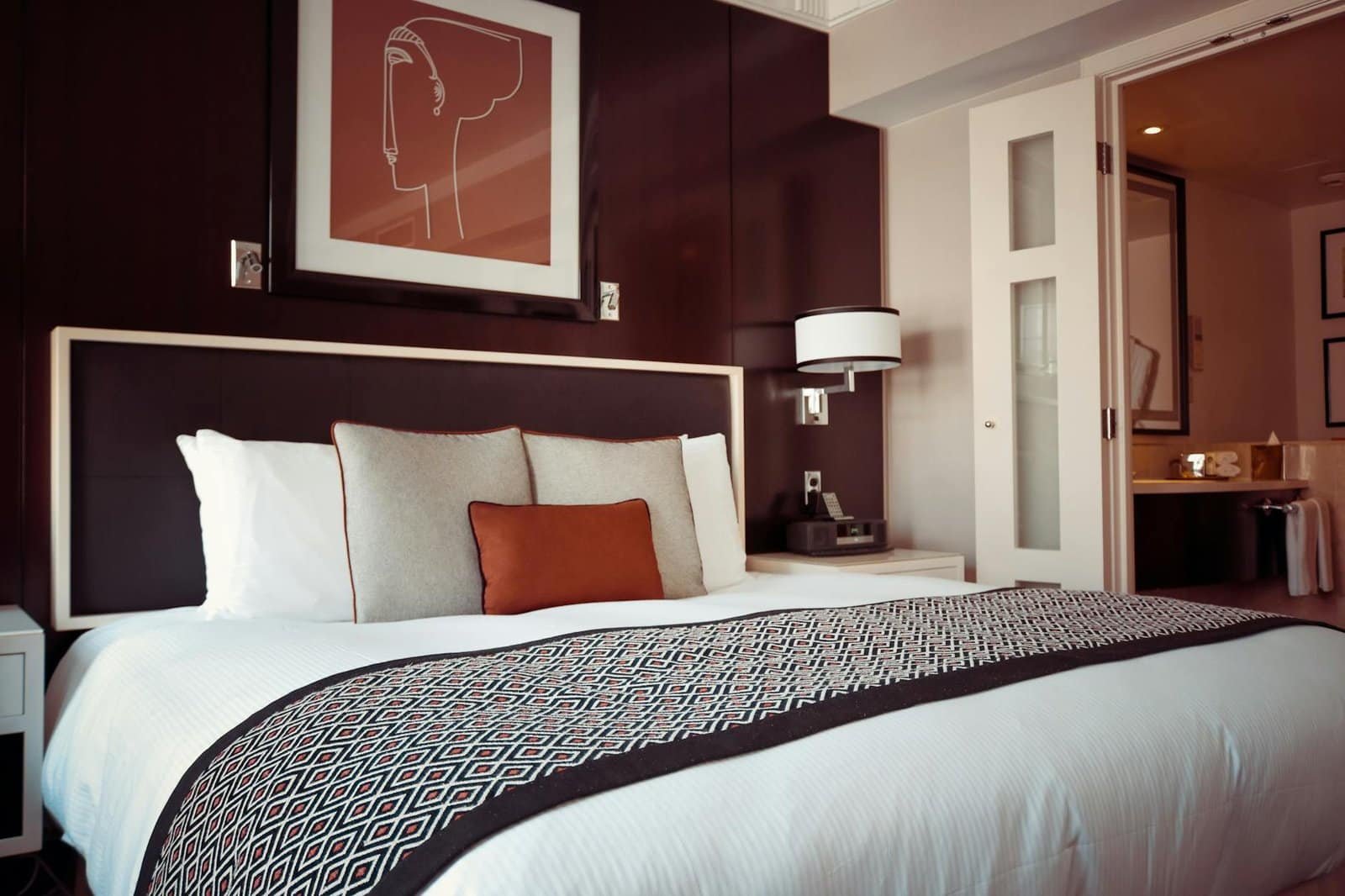
Now that you’ve planned your itinerary and transportation in the UAE, it’s time to consider where you’ll rest your head after exciting days of exploration. The UAE offers a diverse range of accommodation options to suit every traveler’s preferences and budget. Let’s explore your choices:
Luxury Hotels and Resorts
The UAE, particularly Dubai and Abu Dhabi, is renowned for its opulent luxury hotels and resorts. These establishments offer world-class amenities, impeccable service, and breathtaking views.
- Iconic Properties: You’ll find famous hotels like the Burj Al Arab in Dubai or the Emirates Palace in Abu Dhabi.
- Amenities: Expect lavish spas, private beaches, multiple restaurants, and exclusive experiences.
- Price Range: Typically $300+ per night, with some ultra-luxury options exceeding $1000.
Mid-range Hotels
For travelers seeking comfort without breaking the bank, mid-range hotels in the UAE offer excellent value.
- Location: Often situated in convenient areas, close to attractions and public transportation.
- Amenities: Usually include swimming pools, fitness centers, and on-site restaurants.
- Price Range: Generally between $100-$300 per night, depending on the location and season.
Budget-friendly Stays
Contrary to popular belief, you can find affordable accommodation in the UAE, especially if you’re willing to compromise on luxury.
- Options: Include budget hotel chains, hostels, and guesthouses.
- Locations: Often in older parts of cities or residential areas.
- Price Range: Can start from as low as $30 per night for dormitory-style rooms, with private rooms from $50-$100.
Unique Lodging Experiences
For a truly memorable stay, consider these unique accommodation options in the UAE:
- Desert Camps
- Floating Villas
- Heritage Houses
- Eco-lodges
Here’s a comparison of these unique options:
| Type | Location | Experience | Price Range |
|---|---|---|---|
| Desert Camps | Dubai, Abu Dhabi deserts | Bedouin-style tents, stargazing | $100-$500 |
| Floating Villas | Dubai, Ras Al Khaimah | Over-water luxury, privacy | $500-$2000 |
| Heritage Houses | Old Dubai, Sharjah | Traditional architecture, cultural immersion | $100-$300 |
| Eco-lodges | Ras Al Khaimah, Fujairah | Sustainable stays, nature-focused | $150-$400 |
When choosing your accommodation in the UAE, consider factors such as:
- Proximity to attractions you plan to visit
- Access to public transportation
- Your budget and desired amenities
- The unique experiences you want to have
Remember that prices can vary significantly based on the season, with peak times like winter months and major events commanding higher rates. Booking in advance can often secure you better deals, especially for luxury and unique lodging options.
With your accommodation sorted, you’re one step closer to an unforgettable UAE experience. Next, we’ll delve into the cultural etiquette and customs you should be aware of to ensure a respectful and enjoyable visit to this fascinating country.
Cultural Etiquette and Customs

As you plan your trip to the UAE, it’s essential to familiarize yourself with the local cultural etiquette and customs. Understanding and respecting these practices will enhance your travel experience and help you avoid any unintentional faux pas.
Dress Code Guidelines
When visiting the UAE, it’s crucial to dress modestly and respectfully, especially in public areas. Here are some key points to remember:
For women:
- Cover shoulders and knees
- Avoid tight-fitting or revealing clothing
- Wear loose-fitting, breathable fabrics
For men:
- Avoid shorts in formal settings
- Wear collared shirts in restaurants and malls
| Setting | Appropriate Attire | Inappropriate Attire |
|---|---|---|
| Beaches | Swimwear | Nude sunbathing |
| Mosques | Conservative clothing, head coverings for women | Shorts, sleeveless tops |
| Malls | Smart casual | Beachwear, revealing clothing |
Social Norms and Behaviors
Understanding Emirati social norms will help you navigate interactions with locals and other visitors:
- Greetings: Use “As-salaam-alaikum” (peace be upon you) when greeting locals.
- Public displays of affection: Avoid kissing or hugging in public.
- Alcohol consumption: Only drink in licensed venues and never in public spaces.
- Photography: Always ask permission before taking photos of people, especially women.
Religious Considerations
The UAE is a Muslim country, and respecting religious practices is crucial:
During Ramadan:
- Refrain from eating, drinking, or smoking in public during daylight hours
- Dress more conservatively
- Be mindful of reduced business hours
Visiting mosques:
- Remove shoes before entering
- Women should cover their hair
- Avoid visiting during prayer times unless participating
Remember that Friday is the holy day in Islam, and many businesses may have different operating hours.
By adhering to these cultural etiquette guidelines, you’ll show respect for Emirati culture and customs. This consideration will not only enhance your travel experience but also foster positive interactions with locals and fellow travelers. As you explore the rich cultural heritage of the UAE, you’ll find that understanding these customs adds depth to your journey and allows you to immerse yourself more fully in the local way of life.
Now that you’re well-versed in the cultural aspects of the UAE, let’s explore the delicious world of Emirati cuisine and dining options available during your visit.
UAE Cuisine and Dining

Now that you’ve familiarized yourself with the cultural etiquette of the UAE, it’s time to embark on a culinary journey through this diverse and flavorful destination. The UAE’s cuisine is a delightful fusion of traditional Emirati dishes and international flavors, offering something for every palate.
Traditional Emirati Dishes
You’ll find that Emirati cuisine is rich in flavors and ingredients that reflect the country’s heritage. Here are some must-try traditional dishes:
- Machbous: A fragrant rice dish cooked with meat (usually lamb or chicken) and aromatic spices
- Harees: A hearty porridge-like dish made from wheat and meat
- Luqaimat: Sweet dumplings drizzled with date syrup, perfect for dessert
- Khuzi: Roasted lamb or goat served over rice, often considered the national dish
| Dish | Main Ingredients | Flavor Profile |
|---|---|---|
| Machbous | Rice, meat, spices | Aromatic, savory |
| Harees | Wheat, meat | Creamy, hearty |
| Luqaimat | Flour, yeast, sugar | Sweet, crispy |
| Khuzi | Lamb/goat, rice | Rich, flavorful |
International Dining Scene
While exploring traditional Emirati food is a must, you’ll be amazed by the UAE’s diverse international dining scene. From Michelin-starred restaurants to casual eateries, the options are endless:
- Fine Dining: Experience world-class cuisine at restaurants like Nobu in Dubai or Hakkasan in Abu Dhabi.
- Street Food: Indulge in shawarmas, falafel, and other Middle Eastern delights at local markets.
- Fusion Cuisine: Try innovative dishes that blend Emirati flavors with international techniques.
- Themed Restaurants: Dine in unique settings, such as underwater restaurants or sky-high venues with panoramic views.
Food Festivals and Events
To fully immerse yourself in the UAE’s culinary scene, plan your visit around these food-centric events:
- Dubai Food Festival: An annual celebration of the city’s diverse culinary offerings
- Taste of Abu Dhabi: A three-day food, drink, and music festival
- Sharjah Food Festival: Showcasing both local and international cuisines
- Dubai Restaurant Week: Featuring special menus from top restaurants at discounted prices
When dining out in the UAE, remember to respect local customs. Dress modestly, especially during Ramadan, and be mindful of alcohol consumption, which is only permitted in licensed venues.
As you explore the UAE’s culinary landscape, you’ll discover that food is not just sustenance but an integral part of the country’s culture and hospitality. From traditional Emirati feasts to international gourmet experiences, your taste buds are in for a treat. Next, we’ll dive into the shopping paradise that the UAE is famous for, where you can find everything from traditional souks to ultra-modern malls.
Shopping in UAE
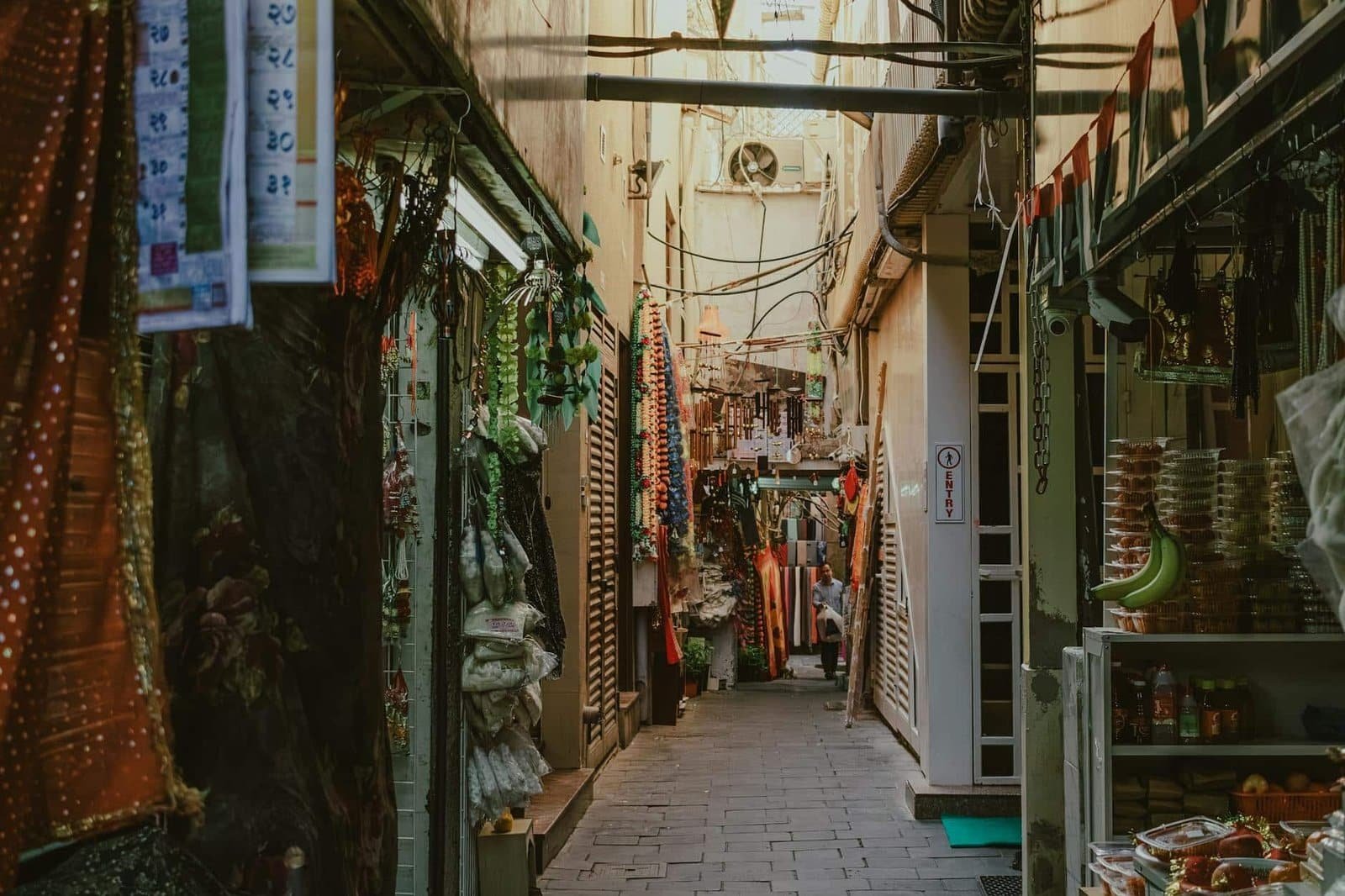
Now that you’ve explored the culinary delights of the UAE, it’s time to dive into another exciting aspect of your trip – shopping! The UAE, particularly Dubai, is renowned as a shopper’s paradise, offering everything from ultra-modern malls to traditional markets. Let’s explore the diverse shopping experiences awaiting you in this retail haven.
World-famous malls
You’ll be amazed by the sheer grandeur and scale of UAE’s shopping malls. These aren’t just places to shop; they’re entertainment destinations in their own right.
Dubai Mall
As the world’s largest mall by total area, Dubai Mall is a must-visit. You’ll find:
- Over 1,200 retail outlets
- An indoor ice rink
- A massive aquarium
- A virtual reality park
Mall of the Emirates
Famous for its indoor ski slope, Ski Dubai, this mall offers:
- High-end fashion brands
- A multiplex cinema
- Family entertainment centers
| Mall | Unique Feature | Number of Stores |
|---|---|---|
| Dubai Mall | Dubai Aquarium | 1,200+ |
| Mall of the Emirates | Ski Dubai | 630+ |
| Abu Dhabi Mall | Traditional architecture | 200+ |
Traditional souks and markets
For a more authentic shopping experience, you should explore the traditional souks. These bustling marketplaces offer a glimpse into the UAE’s rich trading history.
- Gold Souk: Located in Dubai’s Deira district, it’s a dazzling display of gold jewelry.
- Spice Souk: Nearby, you’ll find aromatic spices and traditional remedies.
- Textile Souk: Across the Dubai Creek, browse colorful fabrics and ready-made garments.
- Abu Dhabi’s Central Market: A modern interpretation of a traditional souk.
Best buys and souvenirs
When shopping in the UAE, you’ll find a mix of traditional crafts and luxury goods. Some of the best items to bring home include:
- Gold jewelry: The UAE is known for its competitive gold prices.
- Dates: A local delicacy, available in various flavors and packaging.
- Arabian perfumes and oud: Unique fragrances that capture the essence of the region.
- Pashmina shawls: High-quality cashmere shawls in vibrant colors.
- Camel milk chocolate: A unique twist on a familiar treat.
- Traditional coffee pots (dallah): Beautifully crafted and symbolic of Emirati hospitality.
Remember, bargaining is expected in souks but not in malls. In souks, start by offering about 50% of the asking price and negotiate from there. Most malls operate on fixed prices, but you might find seasonal sales offering significant discounts.
As you wrap up your shopping adventures, you’ll find that the UAE offers a unique blend of traditional and modern retail experiences. Whether you’re looking for luxury brands, local handicrafts, or just window shopping, the UAE’s diverse shopping scene has something for everyone. Next, we’ll explore the thrilling world of adventure and outdoor activities that await you in this dynamic country.
Adventure and Outdoor Activities
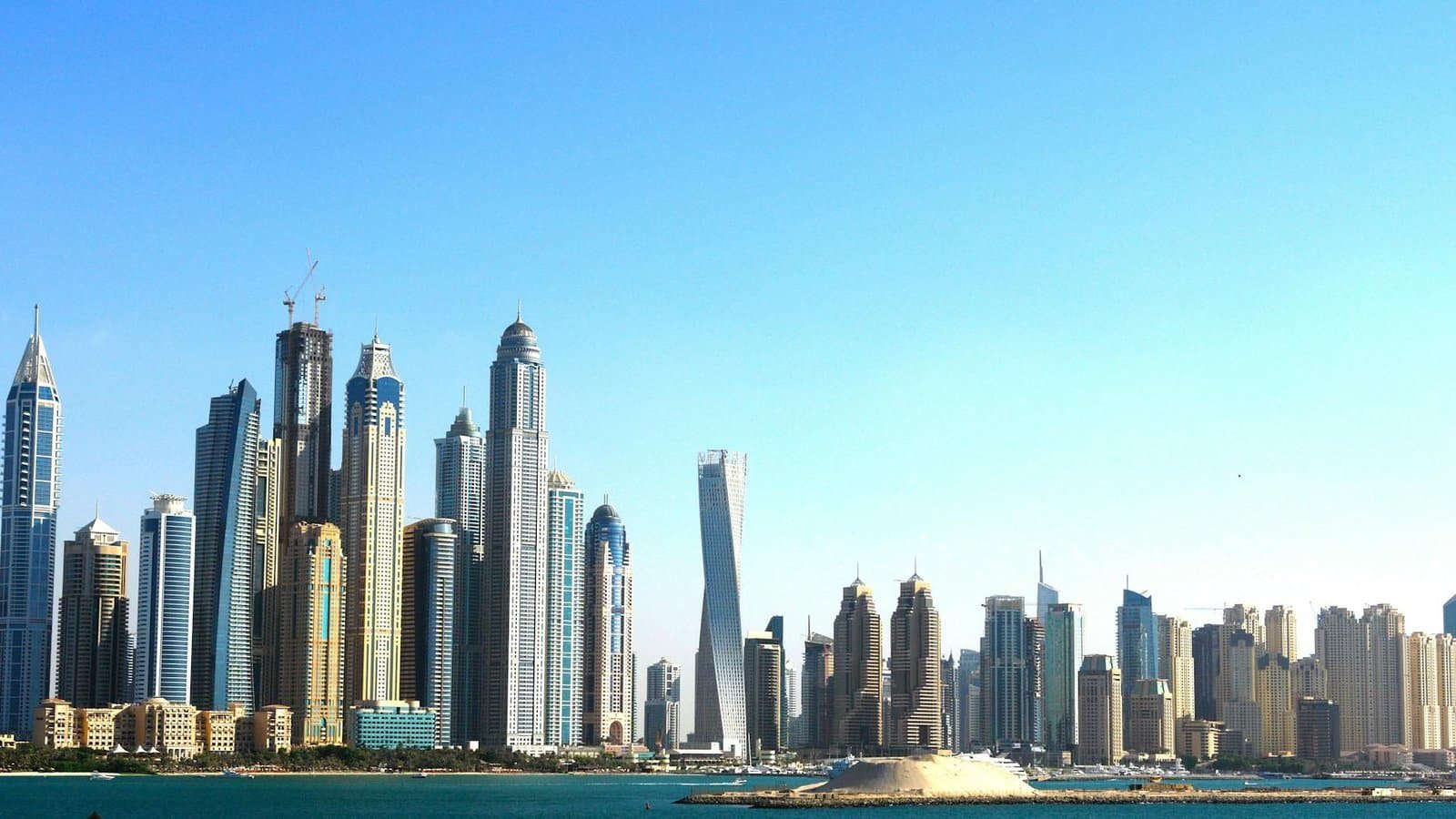
When you think of the UAE, towering skyscrapers and luxurious shopping malls might come to mind. However, this diverse country offers a plethora of thrilling outdoor activities that will satisfy your adventurous spirit. Let’s explore some of the most exciting experiences you can have in the UAE’s natural landscapes.
Desert Safaris and Dune Bashing
No trip to the UAE is complete without a desert safari. You’ll find yourself surrounded by golden sand dunes stretching as far as the eye can see. Here’s what you can expect:
- Dune bashing: Buckle up for an adrenaline-pumping ride as skilled drivers navigate 4×4 vehicles over massive sand dunes.
- Camel rides: Experience the traditional mode of desert transportation.
- Sandboarding: Glide down sandy slopes on a board, similar to snowboarding.
- Stargazing: End your day with a mesmerizing view of the night sky in the tranquil desert.
| Activity | Duration | Best Time |
|---|---|---|
| Dune bashing | 30-45 minutes | Early morning or late afternoon |
| Camel ride | 15-30 minutes | Sunset |
| Sandboarding | 1-2 hours | Morning |
| Stargazing | 1-2 hours | Night |
Water Sports and Beaches
With its extensive coastline, the UAE offers a wide array of water-based activities. You can:
- Go jet-skiing or wakeboarding in Dubai Marina
- Try kitesurfing at Kite Beach in Dubai
- Snorkel or scuba dive in Fujairah to explore vibrant coral reefs
- Enjoy parasailing for a bird’s-eye view of the Palm Jumeirah
Don’t forget to relax on some of the UAE’s pristine beaches. Saadiyat Beach in Abu Dhabi and JBR Beach in Dubai are popular spots for sunbathing and swimming.
Hiking and Mountain Experiences
Contrary to popular belief, the UAE isn’t all desert. The Hajar Mountains offer spectacular hiking opportunities:
- Jebel Jais: UAE’s highest peak, offering breathtaking views and the world’s longest zipline.
- Wadi Shawka: A picturesque trail with natural pools, perfect for a refreshing dip.
- Hatta: Explore mountain bike trails and kayak in the Hatta Dam.
Remember to pack appropriate gear, plenty of water, and sunscreen for your mountain adventures.
As you plan your outdoor activities in the UAE, keep in mind the country’s climate. The best time for these adventures is between October and April when temperatures are milder. During summer months, opt for early morning or late evening excursions to avoid the intense midday heat.
With its diverse landscapes and exciting activities, the UAE offers a perfect blend of adventure and natural beauty. Whether you’re racing across sand dunes, diving into crystal-clear waters, or hiking rugged mountain trails, you’re sure to create unforgettable memories in this dynamic country.
Visa and Entry Requirements

Now that you’ve planned your exciting UAE adventure, it’s crucial to understand the visa and entry requirements to ensure a smooth journey. The United Arab Emirates welcomes millions of visitors each year, and their visa system is designed to accommodate various types of travelers.
Types of Visas Available
The UAE offers several types of visas to suit different purposes and durations of stay. Here’s a quick overview:
- Tourist Visa: Valid for 30 or 90 days
- Visit Visa: For family visits, valid for 30 or 90 days
- Transit Visa: For layovers, valid for 48 or 96 hours
- Business Visa: For business-related trips
- Student Visa: For those enrolled in UAE educational institutions
| Visa Type | Validity | Purpose |
|---|---|---|
| Tourist | 30 or 90 days | Leisure travel |
| Visit | 30 or 90 days | Family visits |
| Transit | 48 or 96 hours | Layovers |
| Business | Varies | Business trips |
| Student | Duration of study | Education |
Application Process
Applying for a UAE visa is generally straightforward, but the process may vary depending on your nationality and the type of visa you’re seeking. Here are the general steps:
- Determine your visa type based on your travel purpose
- Check if you’re eligible for visa-on-arrival or need to apply in advance
- Gather required documents (passport, photos, flight tickets, hotel bookings)
- Submit your application online or through a UAE embassy
- Pay the applicable visa fees
- Wait for processing (usually 3-5 working days)
- Receive your visa via email or collect it from the embassy
Entry Regulations
When entering the UAE, you’ll need to comply with certain regulations:
- Your passport must be valid for at least six months beyond your intended stay
- You may need to show proof of sufficient funds and return tickets
- Certain nationalities may need to undergo a retinal scan upon arrival
- Ensure you have travel insurance that covers your entire stay
It’s important to note that visa requirements can change, so always check the latest information from official sources before your trip. Some nationalities are eligible for visa-on-arrival, while others must apply in advance.
Remember, overstaying your visa can result in hefty fines, so be sure to adhere to your visa’s validity period. If you need to extend your stay, you can usually do so through the General Directorate of Residency and Foreigners Affairs.
With your visa secured and entry requirements understood, you’re now ready to embark on your UAE adventure. Next, we’ll explore some essential safety and health tips to ensure your trip is not only exciting but also worry-free.
Safety and Health Tips

When planning your trip to the UAE, it’s crucial to prioritize your safety and health. Here are some essential tips to ensure a smooth and worry-free experience during your visit.
General Safety Precautions
The UAE is generally considered a safe destination for travelers, but it’s always wise to take standard precautions:
- Keep your belongings secure and be aware of your surroundings, especially in crowded areas.
- Respect local laws and customs to avoid unintentional offenses.
- Dress modestly, particularly when visiting religious sites or conservative areas.
- Avoid walking alone at night in unfamiliar areas.
- Use only licensed taxis or reputable ride-hailing services.
Here’s a quick reference guide for common safety concerns:
| Concern | Recommendation |
|---|---|
| Pickpocketing | Keep valuables in a secure, concealed location |
| Scams | Be cautious of unsolicited offers or deals that seem too good to be true |
| Heat-related illness | Stay hydrated and avoid prolonged sun exposure |
| Traffic | Exercise caution when crossing streets, as drivers may not always yield to pedestrians |
Healthcare Facilities
The UAE boasts world-class healthcare facilities, particularly in major cities like Dubai and Abu Dhabi. However, it’s essential to be prepared:
- Locate the nearest hospital or clinic to your accommodation.
- Carry any necessary prescription medications in their original packaging, along with a copy of the prescription.
- Be aware that some medications legal in your home country may be restricted in the UAE. Check with the UAE embassy before traveling if you’re unsure.
Notable Healthcare Centers:
- Cleveland Clinic Abu Dhabi
- Mediclinic City Hospital (Dubai)
- American Hospital Dubai
- Zulekha Hospital (Dubai and Sharjah)
Travel Insurance Recommendations
While the UAE offers excellent healthcare, medical treatment can be expensive for visitors. Travel insurance is highly recommended to protect you from unexpected costs:
- Choose a policy that covers medical emergencies, evacuation, and repatriation.
- Ensure your policy includes coverage for any planned activities, such as desert safaris or water sports.
- Consider policies that offer trip cancellation or interruption coverage.
When selecting travel insurance, look for these key features:
- 24/7 emergency assistance
- Coverage for pre-existing conditions (if applicable)
- High coverage limits for medical expenses
- Baggage loss and delay protection
Remember, your safety and health are paramount when traveling. By taking these precautions and being prepared, you’ll be able to fully enjoy all the wonders the UAE has to offer. As you plan your itinerary, keep these safety and health tips in mind to ensure a memorable and worry-free experience in this vibrant destination.

Embarking on a journey to the UAE promises an unforgettable experience filled with diverse attractions, rich culture, and modern marvels. From choosing the best time to visit to understanding local customs, this guide has equipped you with essential knowledge for a seamless trip. Remember to plan your itinerary around must-visit destinations, explore transportation options, and savor the unique flavors of Emirati cuisine.
As you prepare for your UAE adventure, keep in mind the importance of respecting local traditions and adhering to safety guidelines. Whether you’re seeking luxury shopping, thrilling outdoor activities, or cultural immersion, the UAE has something for every traveler. By following the tips and insights provided, you’re well-prepared to make the most of your visit to this captivating destination. Start planning your UAE journey today and create memories that will la
FAQ – Frequently Asked Questions about Travelling to UAE
1. Is the UAE safe for tourists?
Yes. The UAE is one of the safest countries in the world, with very low violent-crime rates. Normal travel precautions—like keeping valuables secure—are still recommended.
2. Do I need a visa to visit?
Many nationalities (including most EU countries, the U.S., U.K., Australia, Japan, and others) receive a free visa on arrival for 30–90 days. Check the official UAE immigration website for the latest list and any updates before you travel.
3. What’s the best time of year to visit?
November through March offers the most pleasant weather (15 °C–25 °C / 59 °F–77 °F) and is peak tourist season. April–May and September–October are warm but less crowded, while June–August is extremely hot.
4. What should I wear?
Dress modestly in public. Shoulders and knees should be covered in malls, government buildings, and traditional neighborhoods. Beachwear is fine at pools and beaches. Women must cover their hair and wear loose clothing when entering mosques.
5. Can I drink alcohol in the UAE?
Yes, but only in licensed venues such as hotel bars, restaurants, and private clubs. Drinking in public places or being intoxicated in public is illegal.
6. How do I get around?
Dubai and Abu Dhabi have clean, efficient public transport (metro, buses, trams). Taxis and ride-hailing apps (Careem, Uber) are widely available. Renting a car is easy if you have an international driving permit.
7. Is tipping expected?
Not mandatory, but 5–10 % is appreciated in restaurants, cafés, and for taxi drivers. Hotel staff and tour guides also welcome small tips.
8. What currency is used and are cards accepted?
The UAE dirham (AED) is the local currency. Credit and debit cards are accepted almost everywhere, but keep some cash for souks, small eateries, or taxis.
9. What language is spoken?
Arabic is the official language, but English is widely used in hotels, restaurants, and public transport.
10. Are there special rules during Ramadan?
Yes. During daylight hours, eating, drinking, or smoking in public is prohibited. Dress more conservatively and expect shorter business hours. Hotels and some restaurants still serve food in designated areas.
11. What health precautions should I take?
Tap water is generally safe in major cities, but bottled water is common. Bring sunscreen, stay hydrated, and carry travel insurance—medical care is excellent but can be costly for visitors.
12. Can I take photos anywhere?
You can photograph most tourist sites, but always ask permission before photographing people—especially women—or government and military buildings.
Download PDF Guide
No schema found.
